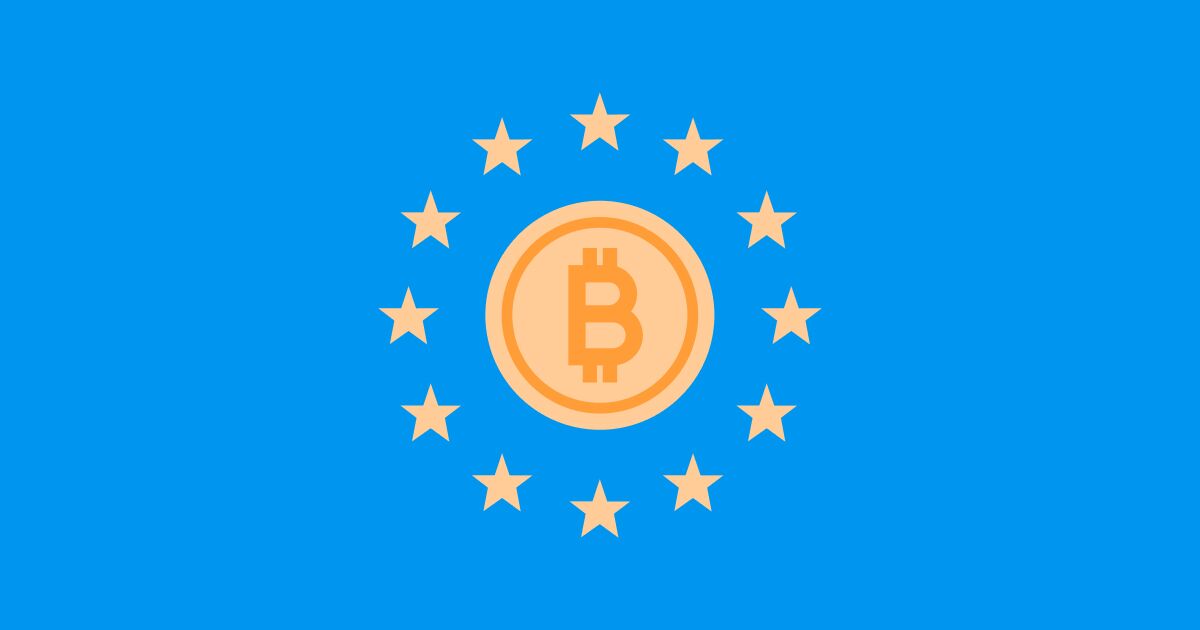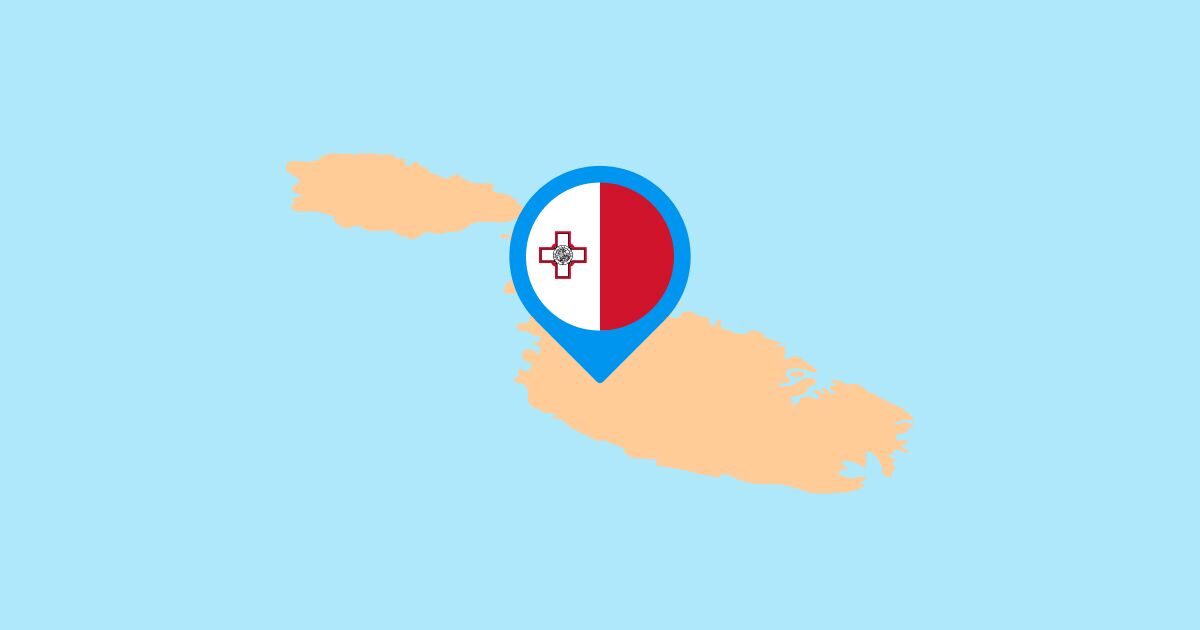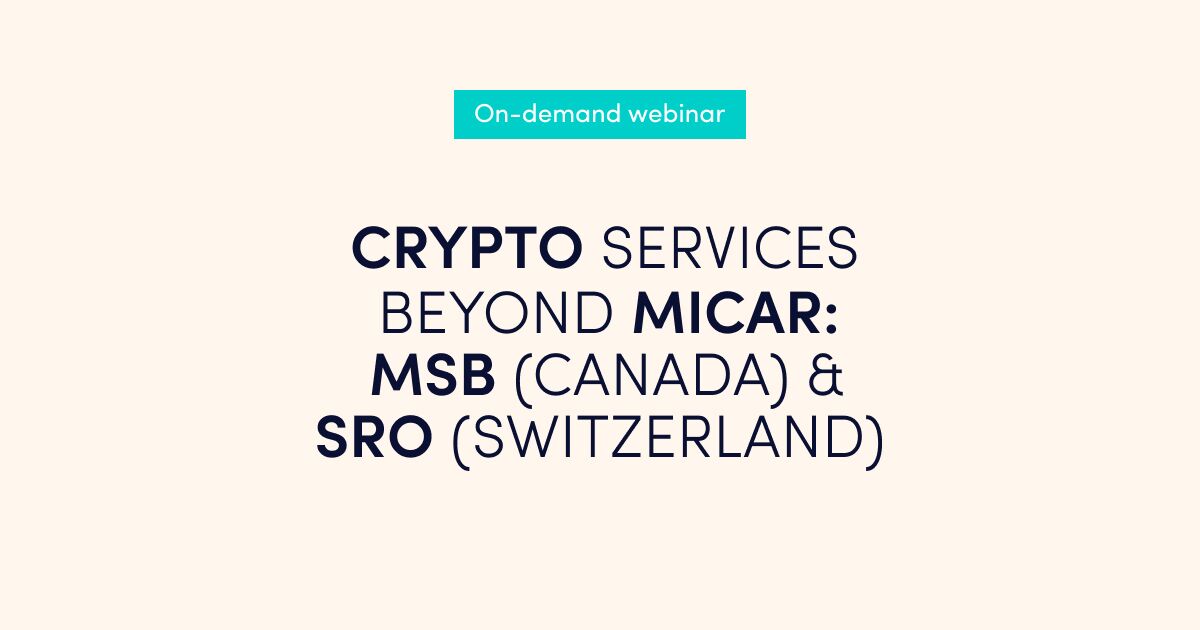If you plan to start a fintech company in the European Economic Area (EEA) and think of getting a specialised bank license, read our article to understand better the difference between the e-money institution license and a specialised bank license.
Glossary
First of all, you need to understand both concepts – an e-money institution and a specialised bank.
1 – What is a Specialised Bank
The notion “specialised bank” was introduced back in 2017 in Lithuania. Initially, it was developed to support reforms in the credit union industry, but, in reality, it turned out as a favourable regulatory environment for non-banking companies – both local and international – that were looking to expand their business scale. To became a Specialised Bank, you need to obtain a Specialised Bank license in the Bank of Lithuiania (the regulator of Lithuania).
2 – What is an E-money institution
According to Electronic Money Directive 2 (EMD2), “electronic money” means a monetary value as represented by a claim on the issuer which is issued on receipt of monetary funds by the electronic money issuer from a natural or legal person and has the following characteristics: stored electronically (incl. magnetically); is issued for the purpose of making payment transactions; is received by persons other than electronic money issuers. When in fact, an electronic money institution is a licensed financial entity that issue e-money. To become an electronic money institution (EMI) and accept clients’ payments, you must get an e-money license.
According to EMD2, “Electronic money institution” means a legal person that has been granted authorisation to issue electronic money. Electronic money institutions distribute electronic money, including by selling or reselling electronic money products to the public, providing a means of distributing electronic money to customers, or of redeeming electronic money on the request of customers or of topping up customers’ electronic money products, through natural or legal persons on their behalf, according to the requirements of their respective business models.
In addition to issuing electronic money, electronic money institutions shall be entitled to engage in any of the following activities:
(a) the provision of payment services listed in the Payment Services Directive 2 (PSD2) for payment institutions;
(b) the granting of credit related to payment services listed in the PSD2, where the specific conditions laid down in the EMD2 are met;
(c) the provision of operational services and closely related ancillary services in respect of the issuing of electronic money or to the provision of payment services referred to in point (a);
(d) the operation of payment systems;
(e) business activities other than issuance of electronic money, having regard to the applicable Community and national law.
Electronic Money Institutions vs Specialised Banks
In this table we provide comparision of an Electronic Money Institution license and a Specialised Bank license.
| E-money institution | Specialised bank | |
|---|---|---|
| List of countries to obtain a license | An electronic money institution license can be received in different countries across the EEA. | A specialised bank license is exclusively available in Lithuania. |
| Services | 1. Services enabling cash to be placed on a payment account as well as all the operations required for operating a payment account. 2. Services enabling cash withdrawals from a payment account as well as all the operations required for operating a payment account. 3. Execution of payment transactions, including transfers of funds on a payment account with the user’s payment service provider or with another payment service provider: (a) execution of direct debits, including one-off direct debits; (b) execution of payment transactions through a payment card or a similar device; (c) execution of credit transfers, including standing orders. 4. Execution of payment transactions where the funds are covered by a credit line for a payment service user: (a) execution of direct debits, including one-off direct debits; (b) execution of payment transactions through a payment card or a similar device; (c) execution of credit transfers, including standing orders. 5. Issuing of payment instruments and/or acquiring of payment transactions. 6. Money remittance. 7. Payment initiation services. 8. Account information services. | 1. All services which may be provided by an e-money institution. 2. Taking deposits and other repayable funds. 3. Lending (including financial leasing, mortgage loans). 4. Issuing and administering travelers cheques, bankers drafts and other means of payment insofar as such activity is not covered by payment services. 5. Issuing guarantees and commitments. 6. Financial intermediation (agency). 7. Creditworthiness assessment services. 8. Safe-deposit box rental; etc. Compared to a traditional bank, a specialised bank may provide somewhat fewer services – it is subject to limitation in investment and a number of other financial services. |
| Additional services | Provision of other financial services is available after the company has obtained an additional license or permit. Also, it is possible to issue consumer loans and mortgage once it is included in the credit provider list. | Payment services are included in the specialised bank licence after the company provides additional documentation. |
| Initial capital | Officially, the initial capital is EUR 350 000. Some regulators, e.g. the Lithuanian Regulator might request an additional capital for a buffer, and ultimately, the initial capital can be approximately EUR 500 000–800 000. | Although, formally, the initial capital is EUR 1 000 000, in real life, the Bank of Lithuania might request an additional capital buffer and you will need to allocate at least EUR 2 000 000 for initial capital. |
| Preparation timeframe | You will need up to 2 months to prepare documents for the application. | You will need 3-6 months to prepare documents for the application. |
| Licensing process timeframe | The licensing period is starting from 3 months. In our experience, the licensing process is 6-12 months long (depending on the country) | Legislation provides that a banking application must be assessed within: 1) 6 months of submission of proper and sufficiently informative documents; 2) within 12 months of submission of a banking application, where the submitted documents are not full or are deficient. |
| Deposit insurance | There is no deposit insurance. | There is a deposit of up to EUR 100,000 for every individual. As a result, these individuals are insured under the deposit insurance scheme. |
| Operation regions | The license is valid across the European Economic Area (EAA) and allows you to provide financial services in this region. | The specialised bank licence is valid across the European Economic Area (EAA) and allows you to provide financial services in this region. |
| Minimum number of management staff | Based on regulatory requirements, it is necessary to recruit at least three management members. The minimum number depends on the country of the European Economic Area (EEA) in which you plan to obtain the license. | Based on the legislation regulating banks and inter-institutional recommendations, the minimum number of a bank’s management team is ten employees. |
| Common Reporting Standards (CRS), Foreign Account Tax Compliance Act (FATCA), other prudential requirements | Electronic money institutions (EMIs) should not be considered as Depository Institutions for the Common Reporting Standards (CRS) and the Foreign Account Tax Compliance Act (FATCA). | Specialised banks fall under the Common Reporting Standards (CRS) and the Foreign Account Tax Compliance Act (FATCA) requirements. Also, specialised banks are subject to the Single Supervisory Mechanism (SSM) principle, the ratios and prudential requirements (e.g., funds and liquidity, maximum exposure to a single borrower ratio) that traditional banks require. |
| Governing laws | Electronic money institutions are subject of the Electronic money Directive 2 and Anti-Money Laundering Directive 6. Additionally, institutions need to consider local laws on electronic money and electronic money institutions, payment institutions, financial institutions, as well as prevention of money laundering and terrorist financing. | Specialised banks are subject to the Anti-Money Laundering Directive 6 and laws of the Republic of Lithuania, including regulations on banking, payment, deposit insurance, investor liabilities, financial institutions, as well prevention of money laundering and terrorist financing. |
| Remote onboarding | For electronic money institutions, client verification can be carried out remotely. | For specialised banks, client verification can be carried out remotely. |
Insider tip
This is one of the major factors influencing your decision to either obtain an e-money institution license or a Specialised Bank license. If you want direct access to retail deposit markets in Lithuania and other countries in the European Economic Area (EEA), our recommendation is to become a licensed Specialised Bank. On the other hand, if you do not plan to provide such kinds of services, then it is better to get an e-money license. This license can be your next move for a fast-growing e-money business with an impressive service portfolio and a vast customer base.
About Advapay
Advapay is a technology company providing the Digital Core Banking platform to empower fintech clients or digital banks to start their businesses and accelerate digital transformation. The platform delivers all essential functionalities, a front-to-back system and a set of tools to customise and bring new integrations. With Advapay, potential and existing customers can connect either to the cloud-based SaaS or on-premise software. Besides the technical infrastructure, the company provides business advisory and fintech licensing services. Interested to learn more, please drop us a message








